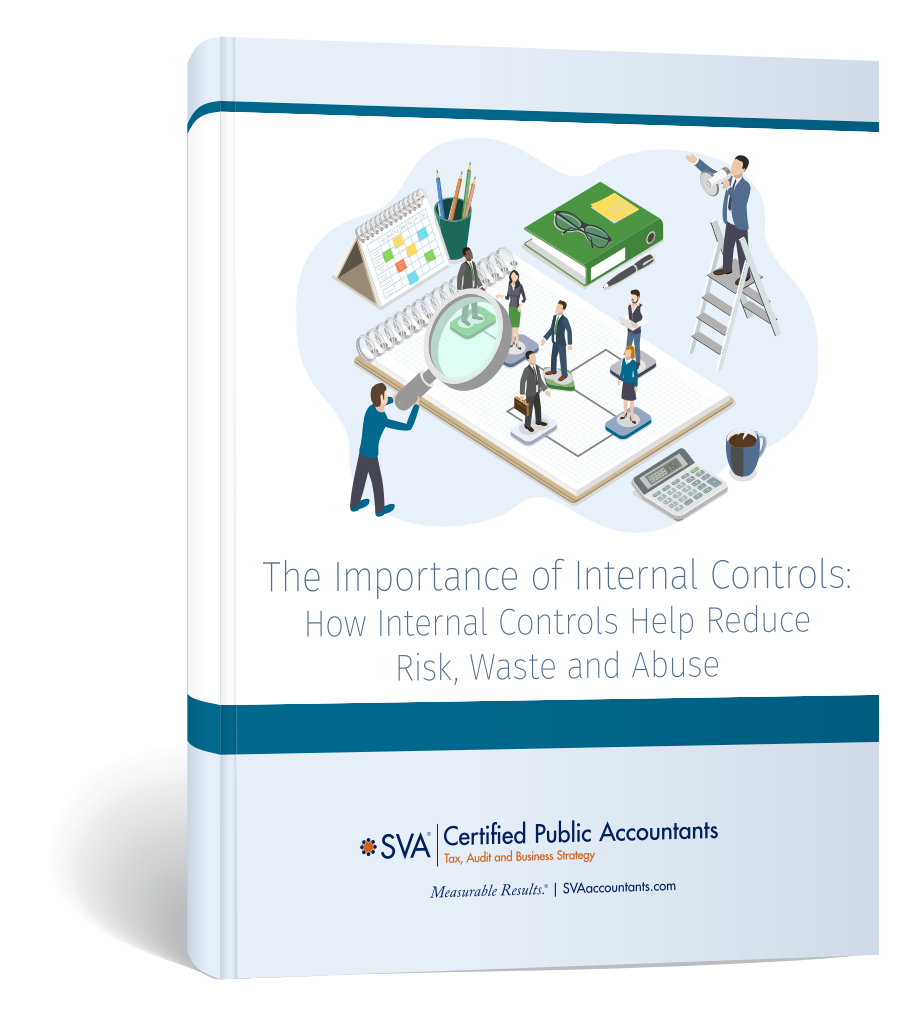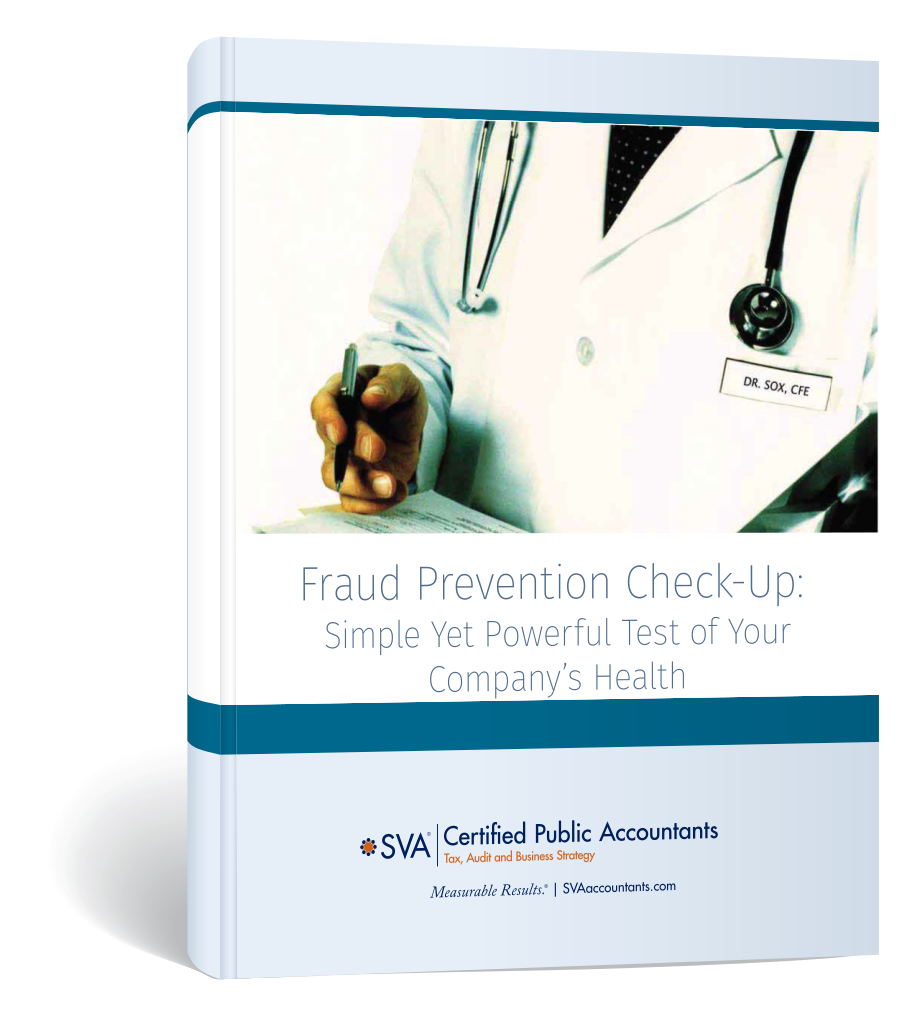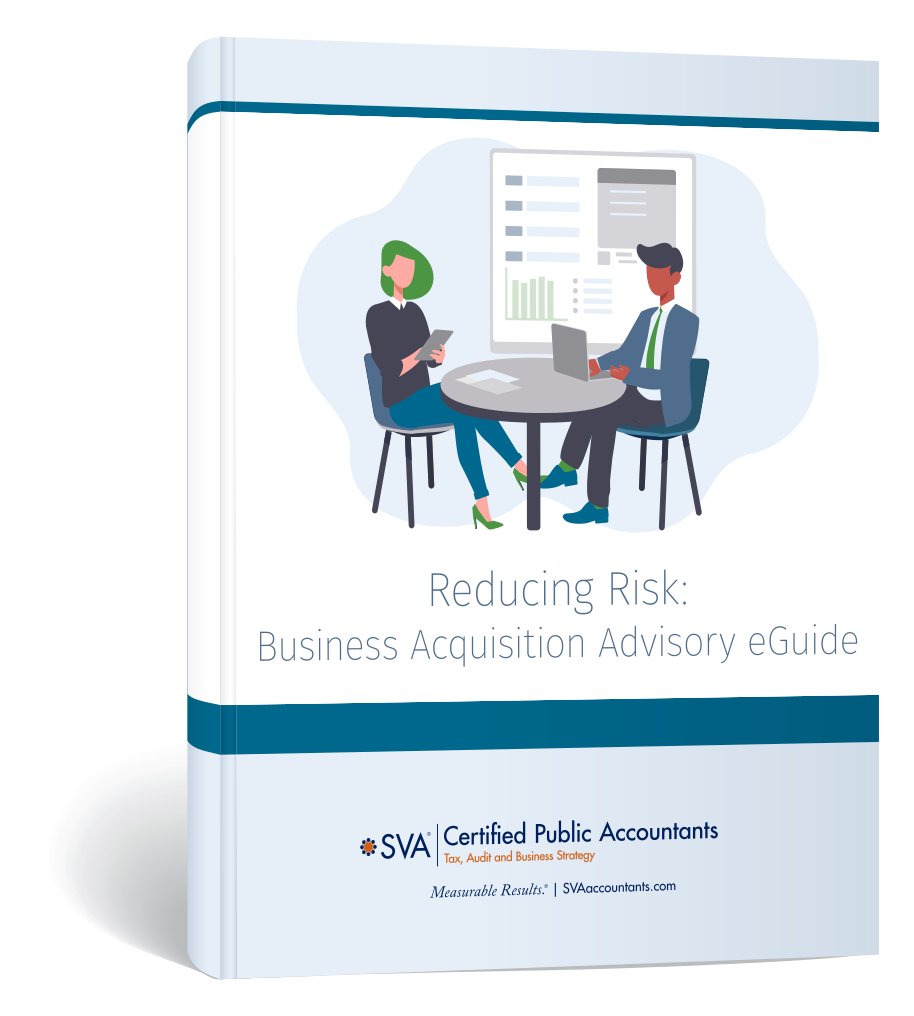Risk Management is a process used to identify and assess threats to your business. The risks could be related to legal or financial uncertainty, security and data threats, or management errors.
Every company has some risk of unexpected events that can cost your company money. The risk management process helps identify those potential threats so you can develop a plan to reduce the risk, or be able to act quickly in case threats happen.
Before you can establish a risk management plan, you will need to assess your company’s risks. A risk assessment will help you:
Identify potential risks that could negatively impact a process or project
Use a risk analysis to determine potential consequences
Evaluate how likely the risk is to occur and if each risk is an acceptable part of doing business
Assess the greatest risks and develop controls specific to those higher-level risks
Continuous monitoring and tracking existing (and new) risks will be part of the process
Your risk management plan will help you minimize and control risks by establishing procedures and processes designed to help avoid threats. Once you understand potential risks, you can be better prepared by implementing plans to protect your company. A risk management plan is created by looking at what could go wrong, what the impact would be, what can be done to prevent or recover the loss, and lastly if a risk occurs, where would funds come from to pay for the risk.
A compliance audit is conducted by an independent evaluator who will ensure your company is following corporate bylaws, controls, policies, procedures, external laws and regulations required for your industry. Compliance audits are not just for financial review, they are also used for IT, security, and HR laws. Board of Directors use compliance audits to prove that the organization has controls in place to detect deficiencies.
A regulatory compliance audit verifies that the organization is adhering to their regulatory guidelines. This type of audit report evaluates whether the organization is adhering to security policies, user access controls, and risk management procedures. The difference between an internal audit and a compliance audit is that a compliance audit reviews how the organization follows outside laws and regulations for their industry. An internal audit reviews how the organization follows it’s own company's processes and rules.
Business professionals need easy access to information to make timely decisions. SVA has what you need, when you need it. Choose a topic below or just contact us directly. Our expertise is ready anytime you need it.
The audit committee, appointed by the board of directors, has multiple responsibilities including oversight of the audit process and implementing recommendations.
It is important that both the board and the audit committee have the knowledge and experience needed to be effective in this role and often need to consult an independent advisor on matters relating to the challenges they face.
SVA’s professionals have the expertise to serve in an advisory role and assist in the success of the organization.
For profit entities and nonprofit organizations are more susceptible than ever to fraudulent activity due to weak internal controls, improper disposal of confidential information and ineffective security on technology.
Many individuals can commit fraud against any organization or company with an understanding of where weaknesses commonly lie.
SVA’s fraud risk assessment professionals help to uncover these weaknesses and will make recommendations to strengthen controls and security to protect your physical and intellectual assets.
Fulfilling corporate governance responsibilities in today’s ever-changing and complex business environment is a serious challenge. Utilizing a top-down, risk-based approach, we streamline the SOX compliance effort, eliminating excessive time investments, personnel resources and dollars on this annual compliance need.
Sustainable SOX compliance assistance is provided via complete project outsourcing down to limited control testing efforts.
Because our SOX compliance service professionals at SVA are practicing CPAs and external auditors, fellow external auditors usually place greater reliance on our work, thereby potentially decreasing the overall external audit effort.
Learn more about our audit and assurance services.
We serve those organizations receiving federal, state or county funding by providing compliance audits that are in accordance with general accepted auditing standards, the standards for financial audits under Government Auditing Standards and adhere to the requirement that we express an opinion on compliance.
SVA’s experienced professionals can perform an effective and accurate compliance audit which assists the organization in its efforts to follow the applicable regulatory requirements.
This service is provided by SVA Consulting. Click the link to learn more about cybersecurity and risk management.

Do you know how your internal control system rates? Check out the defining features of internal controls with this eGuide.

Fraud is something that has to be proactively managed. Start with this 7 question fraud assessment to gauge if your business may be at risk.

Having a proper M&A strategy is an important factor in reducing your exposure to risk. Download this eGuide to establish yours.
Services
Madison, WI
1221 John Q Hammons Dr, Suite 100
Madison, WI 53717
(608) 831-8181
Milwaukee, WI
18650 W. Corporate Drive, Suite 200
Brookfield, WI 53045
(262) 641-6888
Colorado Springs, CO
10855 Hidden Pool Heights, Suite 340
Colorado Springs, CO 80908
(719) 413-5551

Are you in the know on the latest business trends, tips, strategies, and tax implications? SVA’s Biz Tips are quick reads on timely information sent to you as soon as they are published.
Copyright © 2026 SVA Certified Public Accountants | Privacy Policy | Cookie Policy | CCPA